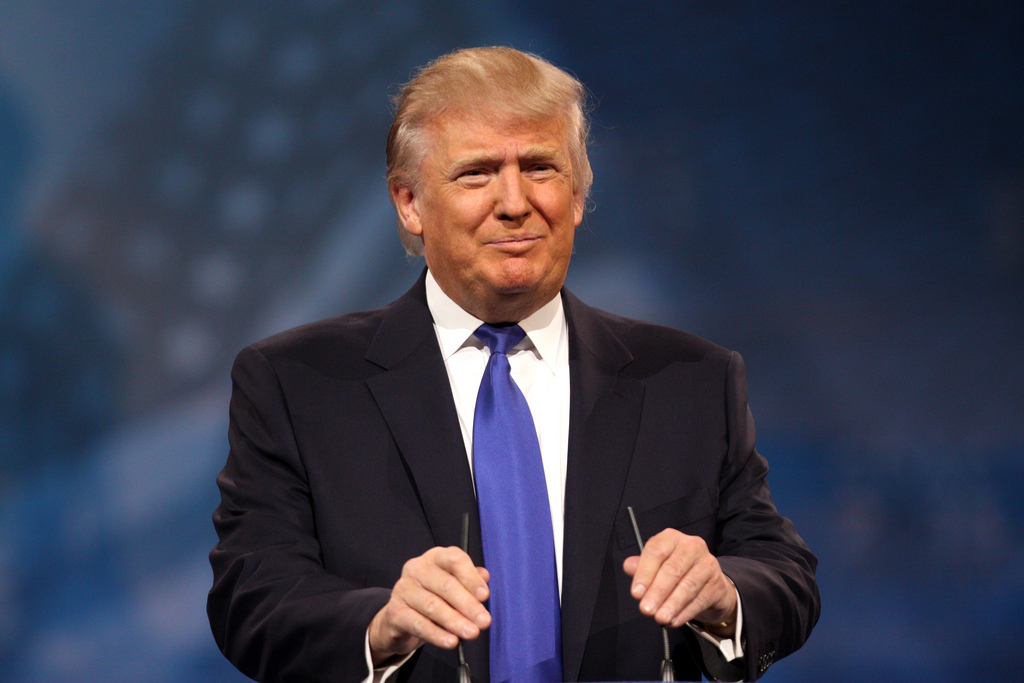It is safe to say that Donald Trump has an uneasy relationship with technology. On the one hand he is a tweet-happy social media junky who is almost Millennial in his iPhone usage. On the other hand he seldom uses e-mail and is nervous about the “age of computer”. And that’s before considering what he may or may not have known about alleged Russian hacking of the Democrats’ computer system.
His approach to business policy is double-edged. Many entrepreneurs will cheer his proposed tax cuts and his plan to ensure that two existing regulations are eliminated before a new one is introduced.
Few will be enthused about his threat to enter trade wars with China, and even with other current members of NAFTA, if he doesn’t get his way on “America First”.
Some expect him to be a deal-making pragmatist, others a hot-headed reactionary – but regardless of his social media habits or trade war threats, what will the Trump presidency really mean for the tech industry?
>See also: What Trump means for technology
Tech companies with an emphasis on cyber security could be big winners. Trump seems to be extremely nervous about technological vulnerabilities, and has indicated that one of his first acts as President will be to commission a review of US cyber defence.
While this review will probably be led by figures from the military and law enforcement, there will also be opportunities for private sector firms to play a role.
Trump wants to expand America’s cyber arsenal and to develop fit-for-purpose defensive and offensive tech warfare capabilities. Those who can help the President deliver this may expect to be busy.
Tech companies that can turn their minds to infrastructure may also be able to reap the benefits of the new administration.
Investment in infrastructure is an important part of Donald Trump’s plan for economic growth. One element of this plan is to “incorporate new technologies and innovations into [America’s] national transportation system”. Those who can provide the right technologies for the right price will be bidding for big contracts.
Turning to more specifically legal considerations, tech companies will also welcome the tough ‘Trumpian’ rhetoric on intellectual property (IP).
IP is vital to IT and the commitment that a Trump administration will “use every lawful presidential power” to stop the “theft of American trade secrets” will have gone down well in Silicon Valley.
The proposed cutback in regulation should also inspire optimism (albeit of the cautious variety).
It is well-known that Trump is an enemy of “Big Government” and wants to impose a “Two out; One in” rule for the introduction of new regulation.
Regulation tends to stifle the innovation that is the lifeblood of any successful tech company. An anti-regulation President should therefore be an asset.
>See also: What Brexit and Trump mean for compliance
It should be noted, however, that his resistance to regulation is uncharacteristically nuanced. His pledge, for instance, to eliminate regulation that “kills jobs” was accompanied by a caveat that he would not eliminate job-killing regulation that improved public safety.
It would be unwise, therefore, to put too much hope in regulation cutback: tech firms hoping that they will suddenly be able to roll out driverless cars may need to apply the brake.
One area which is set to become more highly regulated under President Trump is immigration.
Tech companies will be nervous if the law is noticeably tightened in this respect. Silicon Valley has no monopoly on coding cleverness and relies in part on a degree of openness to talent.
It seems likely that immigration controls will be targeted at lower-skilled workers but there is no guarantee that tech companies will be able to carry on with their current approach to international recruitment.
There are also a number of regulatory “unknown unknowns”. How, for instance, will President Trump seek to regulate artificial intelligence, net neutrality or privacy standards in the context of State surveillance?
The Trump Presidency comes at a crucial time for these issues but, unfortunately, it is too early to be certain of what the future holds.
In terms of Trump’s general approach to technology, much may be gleaned from his meeting with Silicon Valley directors in December 2016.
>See also: An election disrupted by technology: Did tech help Trump win?
That he regards tech as an important industry was clear from the fact that he met with its leaders so soon after his election victory.
That he expects the people at the top of his administration to keep tech at the forefront of their minds was clear from the fact that he brought three of his children to the meeting with him. So far so good. Less comforting was one striking absentee from the stellar guest list.
While Microsoft, PayPal and Facebook all had seats at the table, Twitter was nowhere to be seen.
Leaving this titan of social media out of the meeting seems bizarre until you remember that they denied Trump the chance to use a #CrookedHillary emoji during the election campaign.
However keen President Trump may seem on tech (or on any other sector of the economy) this keenness will be second to more personal considerations.
He is unlikely to be a forgiving leader and, once crossed, he will be slow to forget – and almost impossible to predict.
Tech firms have every right to be cautiously optimistic about a Trump presidency – and every reason to tread cautiously around President Trump.
Sourced by Richard Ellis, Principal Associate at Gowling WLG








